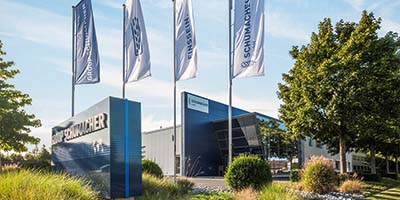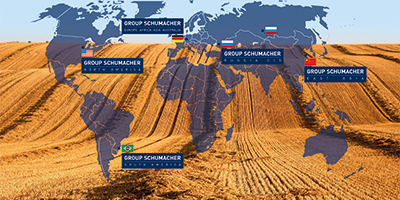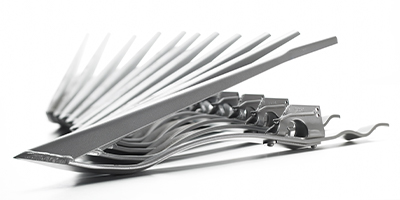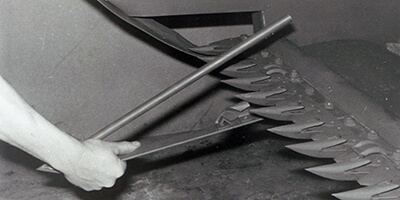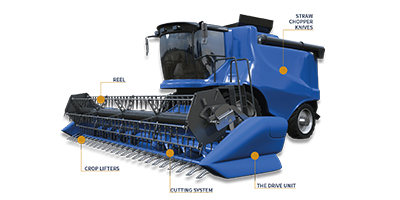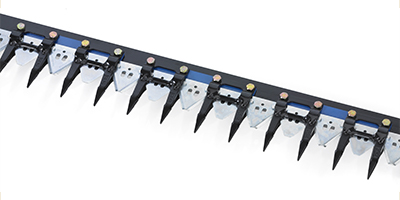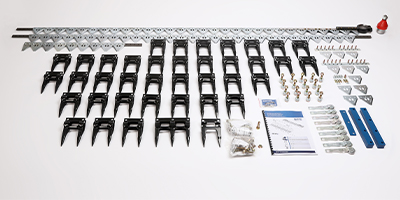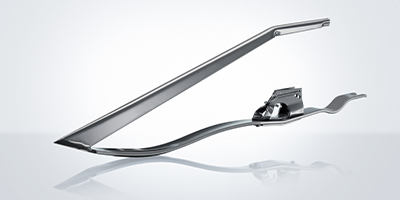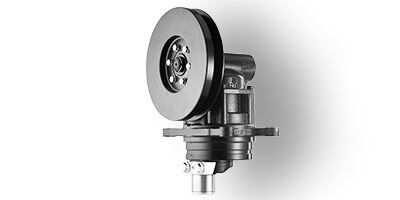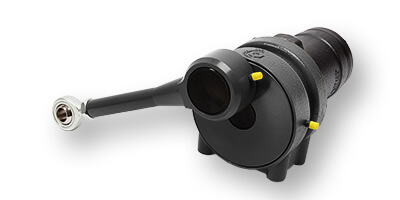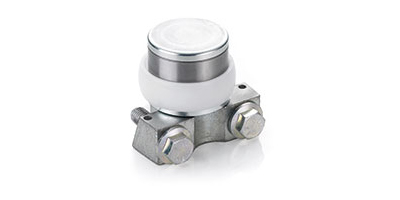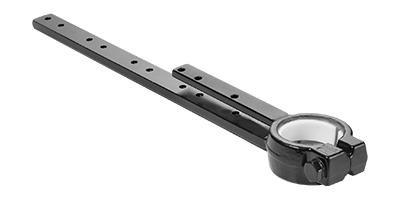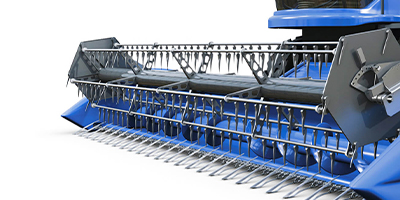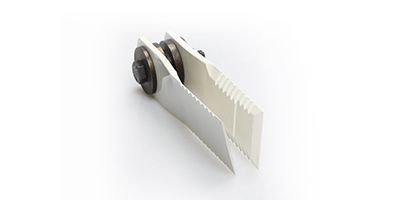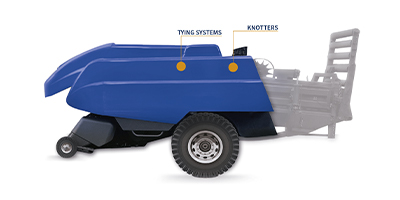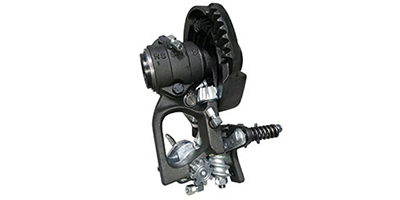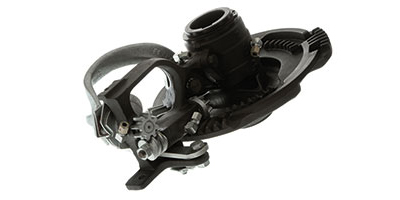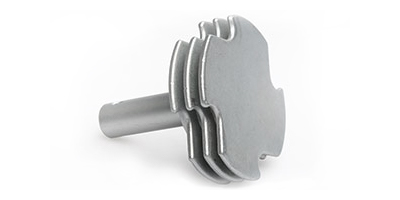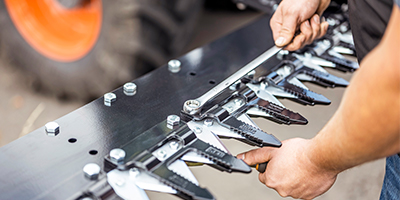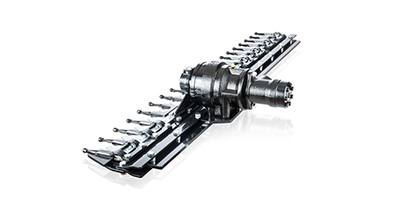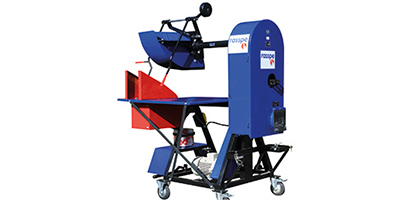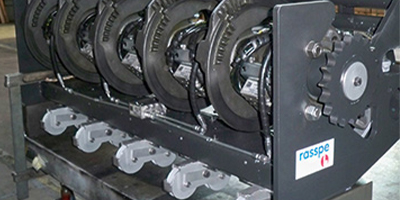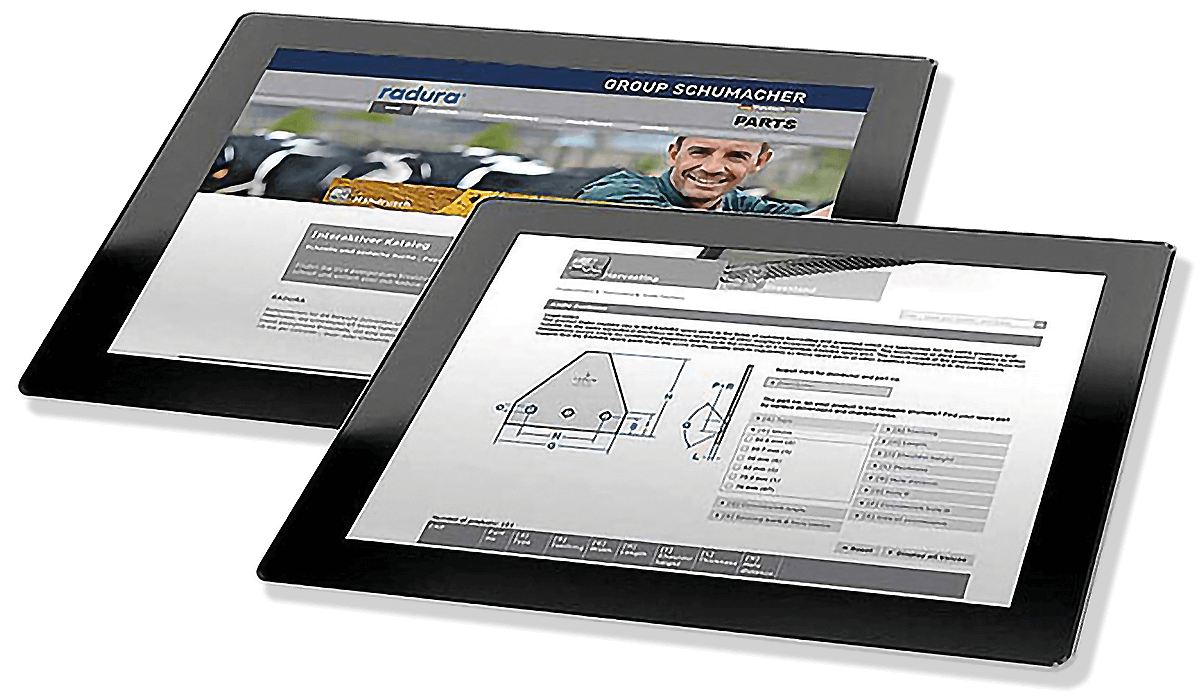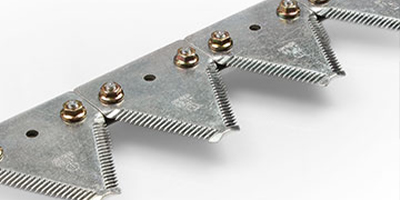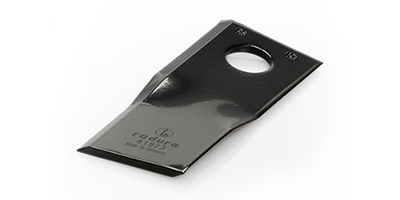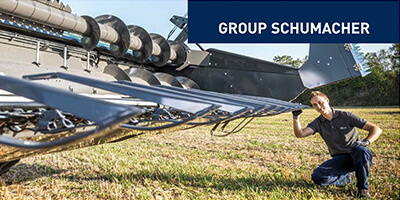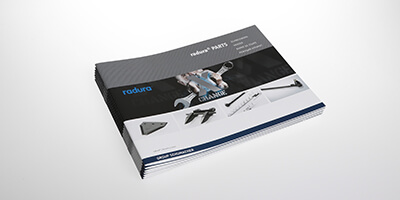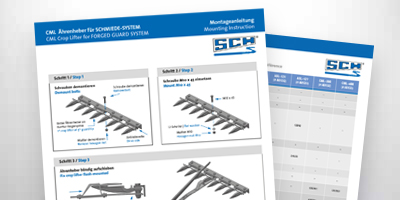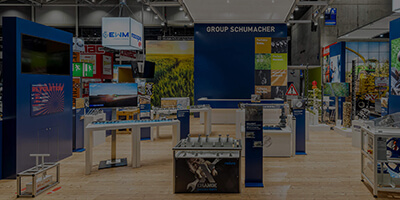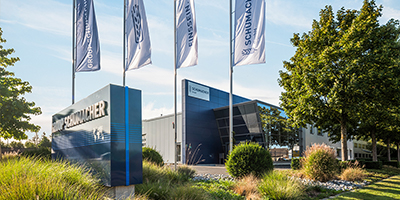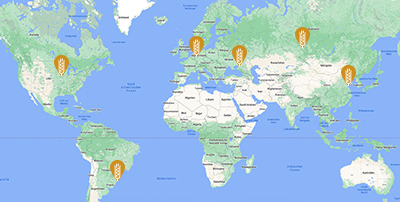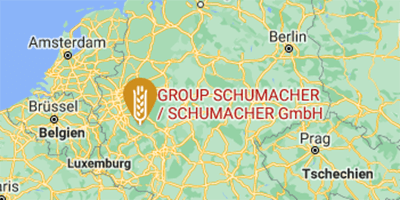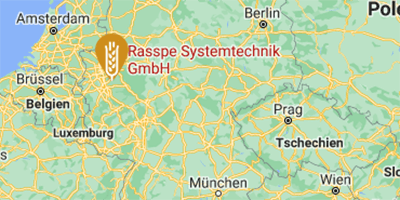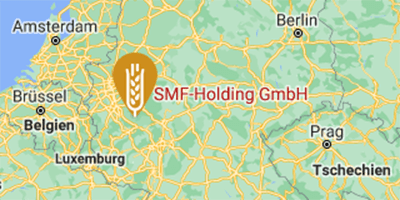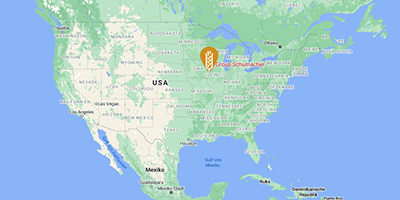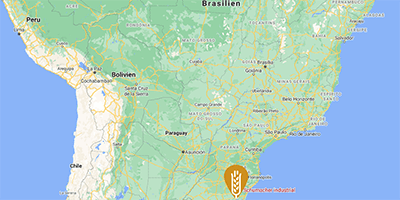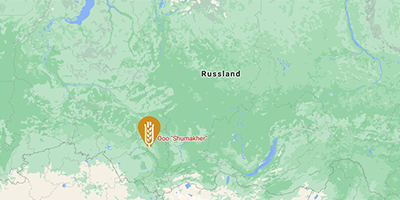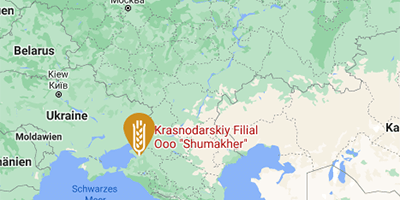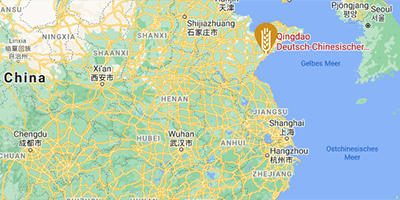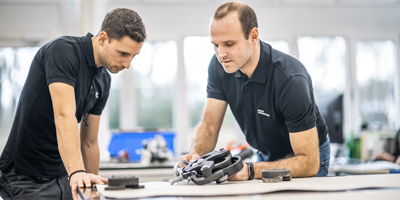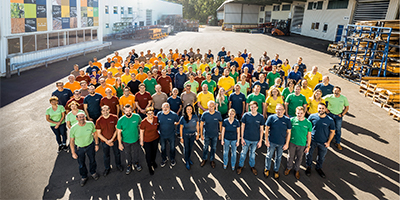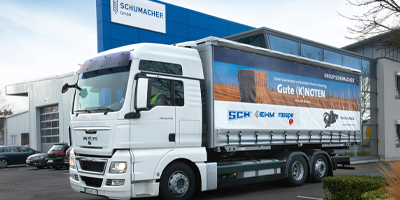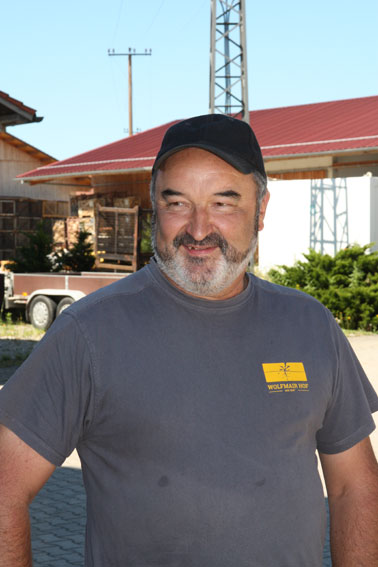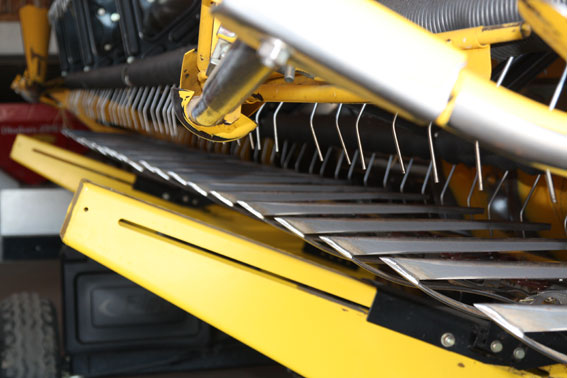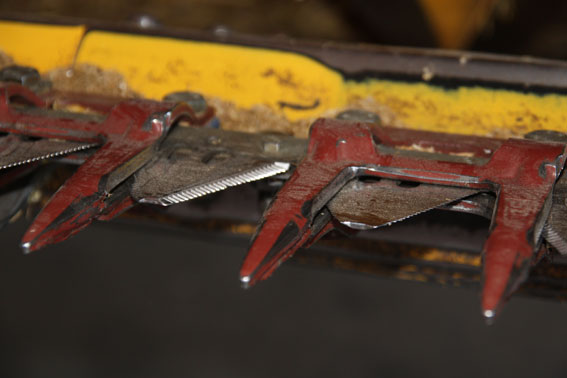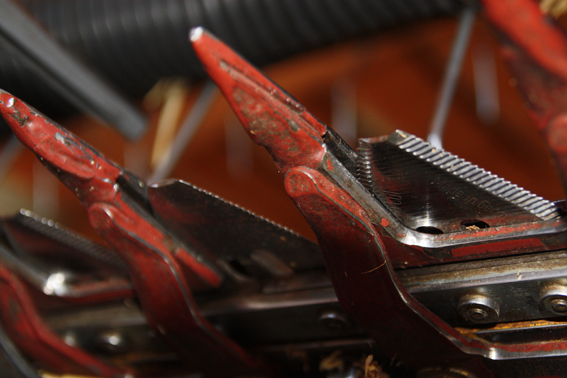Bernhard Högner: “The system is extremely tolerant”
Happy without the plough
Feature by Andreas Frangenberg
The Wolfmair Farm in Bavaria, dates back to as far as 1200 when it was first mentioned in a deed. Since 1647, it has been the home of the Wolfmair family. The present manager is Bernhard Högner whose philosophy is to preserve the family heritage and bring it in shape for the future. Indeed, he is quite successful at this. The farm has developed well and the plough was banned 15 years ago, a move that has proved very successful ever since.
We talked to the farmer who became intrigued by a neighbor and a pioneer in ploughless cultivation. Back in the 1980ies, the manager of that farm started exploring ploughless cultivation. “He was a fascinating role model for me,” tells Bernhard who was born in 1960 and raised to run the farm one day. At the time it was barely able to subsist and so he initially served an apprenticeship to become a farm machinery mechanic then another to become a farmer. From here he went on to college from where he graduated as a certified farmer.
Today, the Wolfmair family farm 150ha of arable land and 14 hectares of woodland. Bernhard grows grain maize, spring barley, rape seed and winter wheat. His fields border on a grassland. Yet his wheat crops yield 8,000-9,000kg per year since on average, because most of the soils are very fertile and there is no shortage of rain (900-1,100mm). “Plenty of rain is certainly good, but at times it makes threshing very difficult”, tells the father of three.
He enjoys working with machines outdoors. “I always enjoy watching nature and how it changes through the seasons and also the experience of making things happen. Yet what I find rather depressing is the image that the media portray of agriculture.” The lack of acknowledgement by society is weighing on Bernhard who used to be president of the local and district farmers’ community for quite some time. “Although the general situation is not easy at the moment, I would certainly make the same choice if I had to do it again,” confirms Bernhard.
